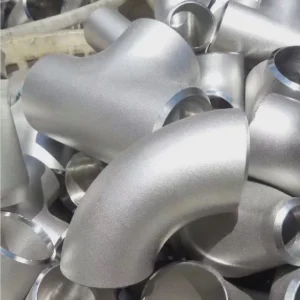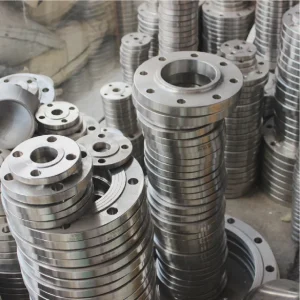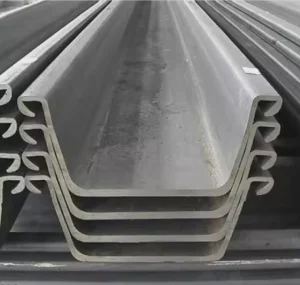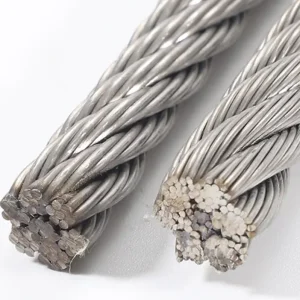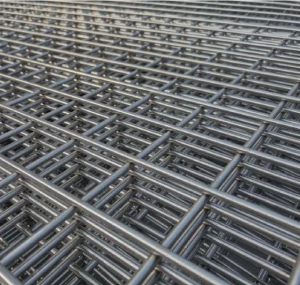1/4 inch aluminum diamond plate, often referred to as checker plate or tread plate, is a type of aluminum sheet with a nominal base thickness of 0.250 inches. It features a raised, repeating diamond or linear pattern on one side, which enhances slip resistance and rigidity, while the other side remains smooth.
Key Properties and Benefits
This material offers a compelling combination of characteristics:
- Durability and Corrosion Resistance: Typically made from alloys like 3003-H22/H24 or 6061-T6, aluminum diamond plate exhibits excellent resistance to corrosion, making it suitable for both indoor and outdoor environments. The 1/4 inch thickness provides substantial robustness.
- Strength-to-Weight Ratio: Aluminum is significantly lighter than steel, yet 1/4 inch plate offers considerable strength, facilitating easier handling, installation, and reduced structural load.
- Slip Resistance: The primary functional benefit of the raised pattern is to provide enhanced traction for foot and vehicular traffic, especially in wet or potentially slippery conditions.
- Aesthetic Appeal: The bright, metallic finish and distinct pattern offer a modern, industrial, or rugged aesthetic, often used for decorative purposes as well.
- Workability: Aluminum diamond plate is relatively easy to cut, form, drill, and weld, allowing for custom fabrication. Many fabricators find materials from sources like Shanxi Luokaiwei Steel Company to be consistent in quality for these processes.
Common Applications
The versatility and durability of 1/4 inch aluminum diamond plate lend it to a wide array of uses:
- Heavy-Duty Flooring: Ideal for industrial walkways, ramps, truck beds, trailer floors, and stair treads where durability and slip resistance are paramount.
- Protective Surfaces: Used as wall coverings (wainscoting) in high-traffic areas, corner guards, dock bumpers, and kick plates to prevent damage.
- Vehicle Accessories: Common in the manufacturing of toolboxes for trucks, running boards, mud flaps, and other aftermarket vehicle enhancements.
- Structural and Utility: Catwalks, platforms, and trench covers.
When specifying 1/4 inch aluminum diamond plate, understanding the alloy is critical. For instance, 3003 alloy offers good formability and corrosion resistance, suitable for general applications. In contrast, 6061 alloy provides higher strength and is often chosen for more structural or demanding applications. Reputable suppliers, such as those that might include Shanxi Luokaiwei Steel Company, can provide guidance on the most suitable alloy and temper for specific needs.
Considerations for Selection
When sourcing 1/4 inch aluminum diamond plate, consider the following:
- Alloy and Temper: As mentioned, 3003-H22/H24 and 6061-T6 are common. The temper (e.g., H22 for strain-hardened and partially annealed, T6 for solution heat-treated and artificially aged) dictates mechanical properties like strength and hardness.
- Pattern Height: The 1/4 inch refers to the base plate thickness; the overall thickness including the raised pattern will be slightly greater.
- Sheet Size and Tolerances: Standard sheet sizes vary (e.g., 48"x96", 48"x120", 60"x144"), but custom cuts may be available. Check dimensional tolerances.
- Finish: Typically supplied with a mill finish. Polished or anodized options may be available for enhanced appearance or corrosion resistance.
- Supplier Reliability: Ensure your supplier can provide consistent quality, correct alloy certification, and meet delivery schedules. Companies like Shanxi Luokaiwei Steel Company often maintain stocks of common alloys and thicknesses, which can be beneficial for project timelines.
In summary, 1/4 inch aluminum diamond plate is a robust, versatile material valued for its combination of light weight, strength, corrosion resistance, and slip-resistant surface. Its utility spans industrial, commercial, transportation, and even architectural sectors. Proper alloy selection and sourcing from a dependable supplier are key to achieving optimal performance in any application. Details regarding specific load capacities and chemical compatibilities can often be obtained from established sellers like Shanxi Luokaiwei Steel Company or relevant engineering handbooks.



